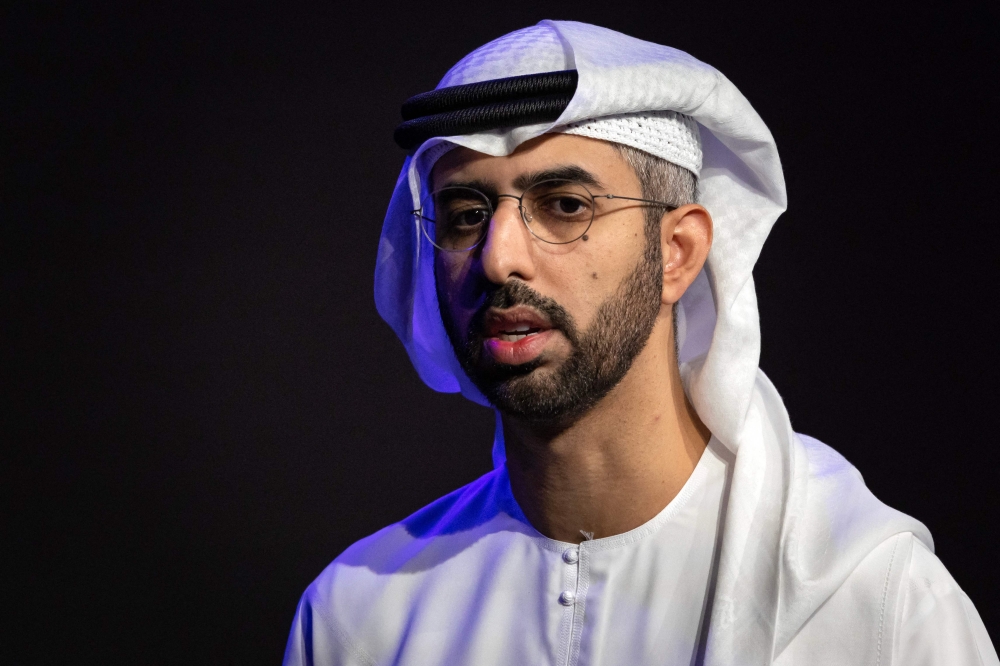The UAE will use AI to draft and review the law as part of a major digital overhaul.
Leaders say AI will speed up the law and reduce political delays.
However, experts warn that AI still faces reliability and trust issues.
Dubai, April 25th – The United Arab Emirates has announced plans to become the world’s first country to systematically use artificial intelligence to write and review laws.
The ambitious initiative reported that beyond federal and local laws would include judicial rulings, enforcement procedures and public services as part of the Gulf state’s broader digitalization strategy.
Last week, the UAE government established the Regulatory Intelligence Agency, a new cabinet unit tasked with overseeing this technological transformation of the legislative process.
“This new legislative system powered by artificial intelligence will change the way laws are created and will change the process to make the process faster and more accurate,” said Sheikh Mohammed bin Rashid Almaqtoum, the vice president and ruler of Dubai, UAE.
The UAE’s commitment to artificial intelligence is nothing new. In 2017, Omar Sultan Alorama was appointed the world’s first AI minister, shortly after launching the UAE strategy for artificial intelligence.
According to Abdulkhaleq Abdulla, Emirati’s political commentator, “The UAE is very serious about AI. It’s just as we want to be a global AI and digital economy hub, as we want to be a global financial and logistics hub.”
He said the country “is investing heavily in digital infrastructure to stay ahead of the crowd in the next 50 years, just as it has generically invested in physical infrastructure over the last 50 years.”

The words reading “Artificial Intelligence AI” can be seen in this image taken on December 14th, 2023. —Reuters Photos
The UAE estimates that the global market value of AI will be at USD 15.7 trillion (RM69 trillion) by 2030, potentially increasing the country’s GDP by 35% while reducing government costs by half.
Attorney Hesham Elrafei of UAE Law Drafter explained that the initiative is not just about using AI to write law.
“It introduces new ways to make them. Instead of the traditional parliamentary model, the laws are caught up in endless political debates, and it takes years – this approach is faster, clearer, and based on real-world problems,” Elafei said.
According to Elrafei, AI technology can analyze court decisions, identify issues, and propose laws to address gaps in legal frameworks.
It can also study successful laws from around the world and help draft improved versions of the UAE to specific contexts.
This ability is particularly valuable in countries where only 10% of the population is local, and clear legal communication across multiple languages is essential for communities that include around 200 nationalities.
While Brazil had previously tested AI to draft a single law, the UAE approach represents a more comprehensive transformation of the legislative process.
Elrafei described it as “a move from an old system built on political compromise to something based on technology,” and could redefine how modern governments create laws.
In contrast to many Western democracies where laws are influenced by political negotiations, the UAE is moving towards a model based on “data, logic, and outcomes.”
However, some experts have expressed concern about the technological change. Vincent Straub, a researcher at Oxford University, noted that he was totally reliant on AI systems, claiming that “we can’t trust them… they continue to harbor reliability and robustness issues.”
Keegan McBride, lecturer at the Oxford Internet Institute, said the UAE has “easy time” to implement large-scale government digitalization compared to many democratic nations due to its governance structure, saying, “They can move faster.



